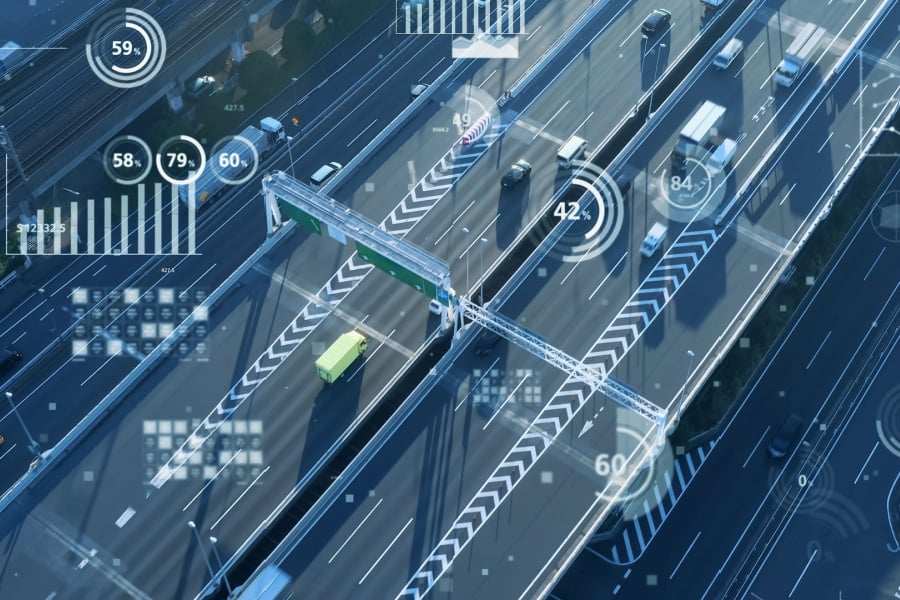Logistics
Warehousing & Fulfillment
Transportation
E-commerce
E-commerce Fulfillment Services
Lease & Maintenance
Semi Trucks
Supply Chain Technology
Logistics
E-commerce
Lease & Maintenance
Buy Used Trucks

Reverse logistics is a large part of supply chains and impacts logistics across multiple industries across the world. Unlike traditional logistics that ships products out to retailers or direct to home, reverse logistics handles the return side of things. For example, if a customer decides that couch they bought was not the right color or a shirt they bought was the wrong size, they need to return it. Or if there is a product recall and an item needs to be fixed.
Prioritizing reverse logistics in supply chain management was never a major focus, but managers are beginning to see the importance of utilizing it where possible. It’s also been estimated companies can save nine to 15% in lost revenues just through reverse logistics. This is because it builds stronger brand reputation through creating more opportunities for higher customer satisfaction. In this article, we’ll look at three new trends in reverse logistics to help you strategize for long-term success and brand loyalty.
The Rise in Robotics for Reverse Logistics
Manual processes in the warehouse are being scaled back to allow for more productivity from employees. One of the ways this is happening is through the implementation of more advanced technology, such as robotics. This creates rapid, efficient processes, which impacts picking, packing, and shipping. Likewise, warehouse automation can aid reverse logistics by enhancing processes for returns or exchanges. For example, dedicated warehouse stations with state-of-the-art robotics can accurately and swiftly scan incoming packages on a truck sent back by customers, as well as perform quality control. These technologies enable businesses to handle product returns more effectively and optimize the value recovery from returned items.
Researching Big Data for Reverse Logistics
The concept of big data involves advanced analytical tools that are used to gather valuable information. This allows organizations to dive further into areas like consumer behavior to create cost-saving strategies. By analyzing historical data on returns, businesses can identify patterns and trends in customer behavior, such as common reasons for returns, product defects, or quality issues. This analysis helps in understanding the root causes of returns and making informed decisions to improve product quality, reduce returns, and enhance customer satisfaction.
Utilizing Internet of Things Connected Devices for Reverse Logistics
Supply chain management has been vastly improved over time with the introduction and gradual improvement of Internet of Things (IoT) enabled systems. Through IoT connectivity, more businesses have “smart manufacturing” with a wide spectrum of visibility and lightning-fast data transfer. Plus, technology platforms dedicated to supply chain functions can optimize reverse logistics. For instance, an app can used to facilitate packaging, recycling, and refurbishing requests, among other jobs. This saves time spent on manual processes such as making phone calls, waiting for email responses, or constant notifications.
IoT offers significant benefits in reverse logistics by providing real-time visibility, improving decision-making capabilities, optimizing inventory management, and enhancing customer satisfaction. By leveraging IoT technologies, businesses can streamline their reverse logistics processes, reduce costs, and maximize the value recovery from returned products.
Effective reverse logistics can provide a competitive edge in the marketplace. Companies that excel in managing product returns, refurbishment, and resale differentiate themselves by offering superior customer service, sustainability practices, and cost-effective solutions. This can attract new customers, enhance brand reputation, and create a positive image in the eyes of consumers.